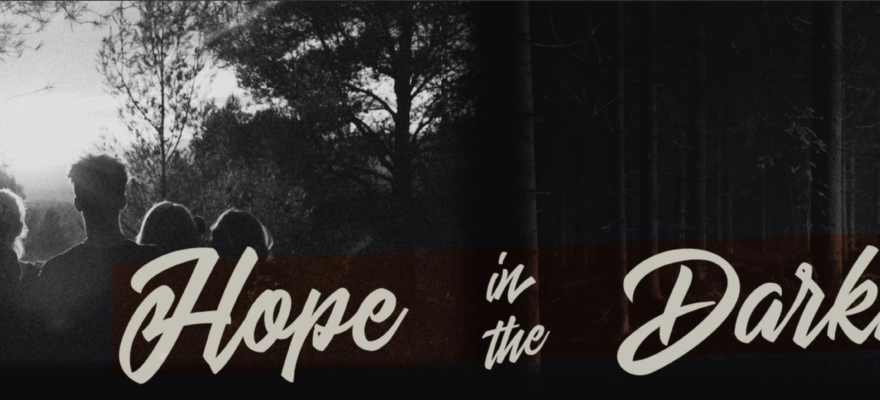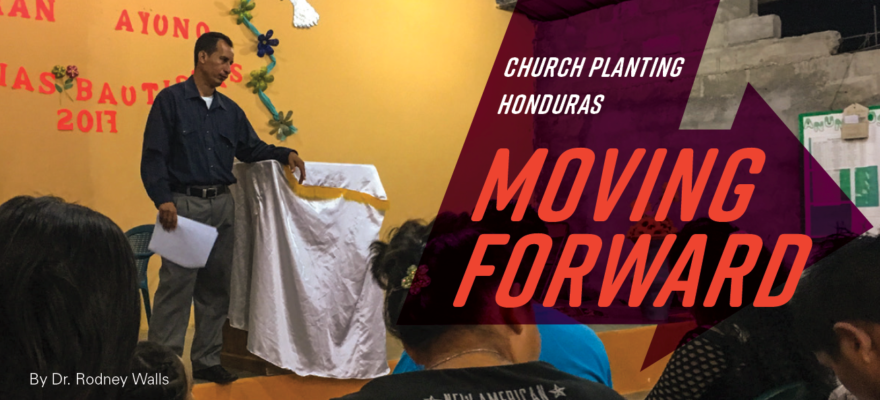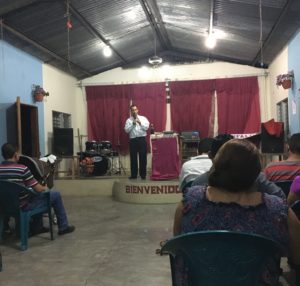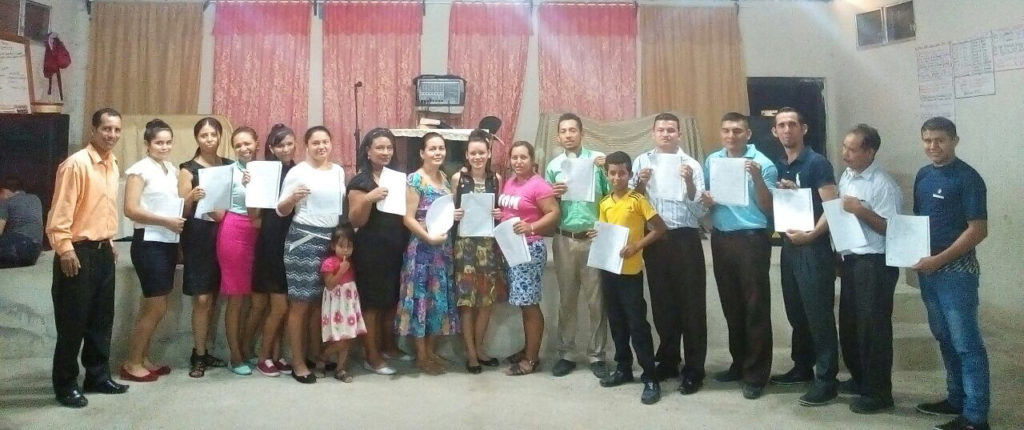by Franklin Dumond, Director of Congregational Ministries
Four Attempts at Fairness
A prayer on behalf of a pastor was short and direct, “Lord you keep him humble; we’ll keep him poor.” Even if this prayer was never prayed the result in the local church has often been the same. Sometimes the result was never intended but the method to determine fairness was itself the culprit. I have seen four attempts at fairness when it comes to pastor’s salaries. Some are more fair than others.
1. WHAT IS THE AVERAGE INCOME FOR THE CHURCH?
On the surface this seems the most fair since it is based on incomes for the families in the church. Beneath the surface, however, the fairness may be lost if:
- a) the salary package does not properly account for benefits that are also given to wage earners in the congregation,
- b) the report from the congregation is incomplete,
- c) the congregation includes a large number of retirees who have a smaller, retirement income that is adequate to their status as mortgage-free homeowners,
- d) the pastor is an entry level pastor but the average income is substantially above entry level income. (Here the fairness to the church is lost since they would be paying more than necessary. In the other cases the fairness to the pastor is lost since he is being paid less that should be expected.)
2. WHAT DOES IT COST TO LIVE IN OUR COMMUNITY?
What a church needs to do to make this method work is to find the value of a respectable middle-class home in their area, factor in the pastor’s student debt, loan on the minivan, etc. and then figure out what kind of salary he needs to make to qualify for the mortgage on that home.
3. WHAT CAN WE AFFORD?
While this may be the actual bottom line issue for most churches “What do we choose to afford?” may be the real question. Church budgets should generally allocate 40-65% of income to employee costs.
4. WHAT IS THE PROFESSIONAL EQUIVALENCY IN OUR COMMUNITY?
The suggestion is that a church look at a secular profession that is most similar to pastoral work and pay accordingly. Most of the time this will be the high school classroom teacher. Local school districts will have salary scales developed based on educational level and tenure. So when the church looks up the education level of its pastor along with his years of experience in full time ministry a community-based standard of pay will be in hand. If the pastor manages a number of staff, then pay him as a building principal using the school district salary schedule.
Of all the systems reviewed this one seems most fair to all concerned. All pastors (not just senior pastors) receive a decent middle-class salary that directly compares to salaries being paid in the community. All pastors are compensated in accord with their education and experience with proper benefit packages. Those pastors who pastor larger churches are compensated in line with their expanded responsibilities.
The New Testament calls for fairness in pastoral salaries by insisting that “The worker deserves his wages.” (I Timothy 5:18 NIV) Continue reading





